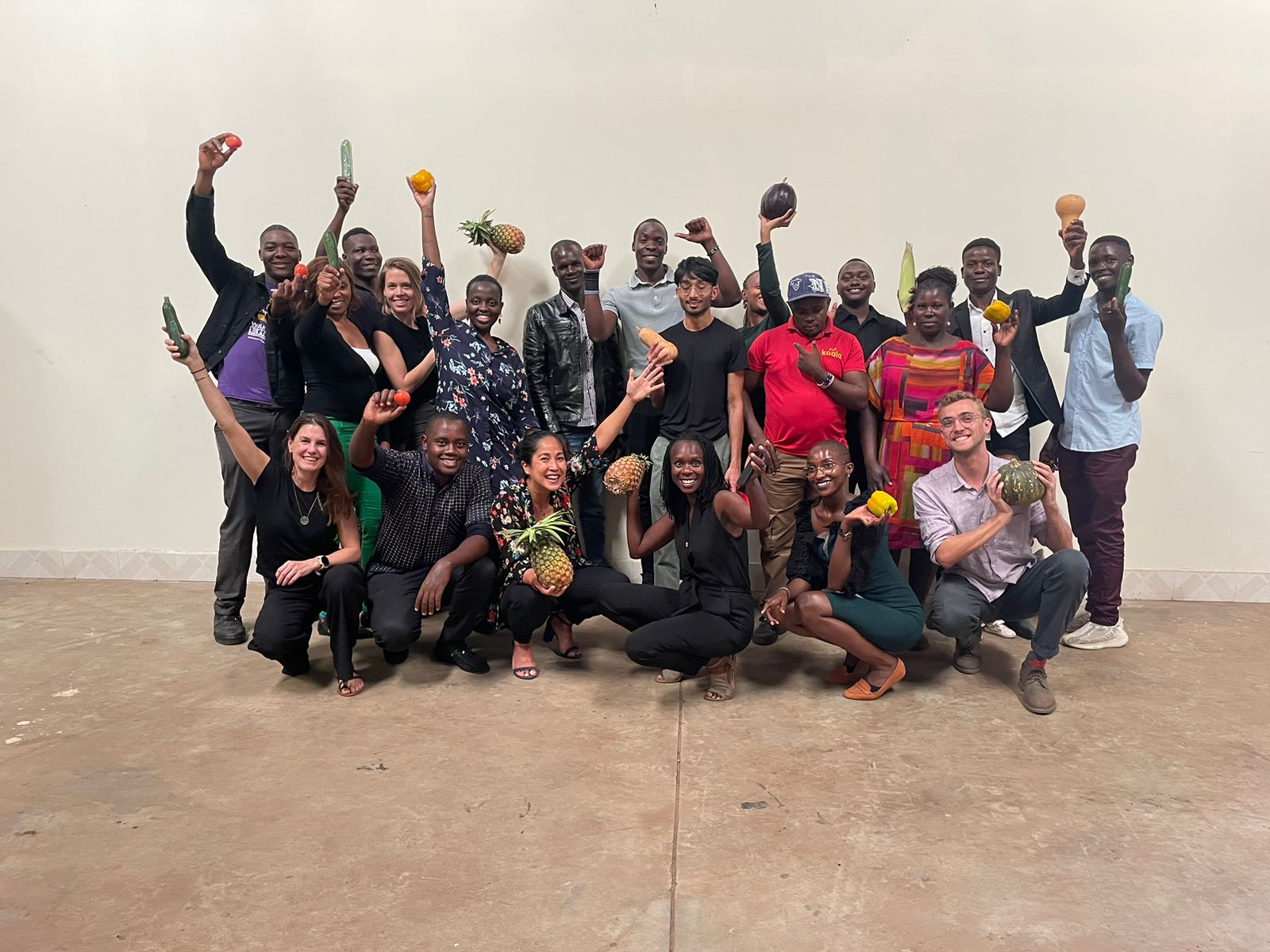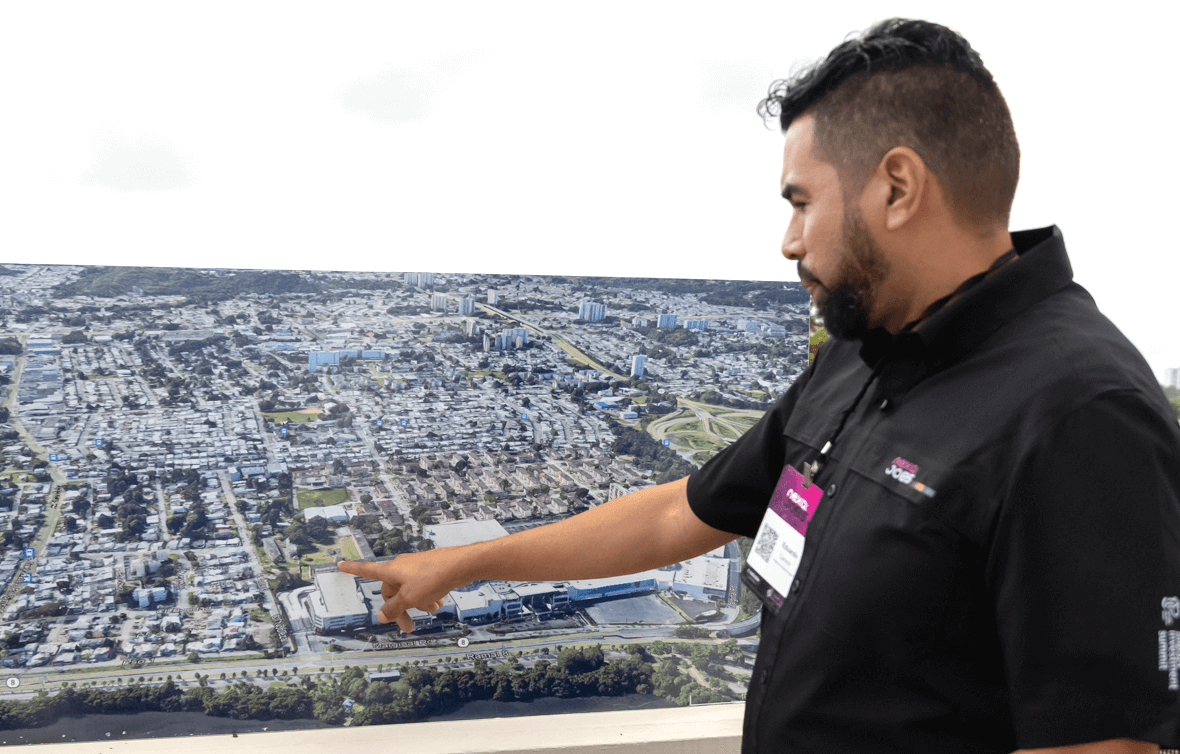The best investors see opportunities where others don’t. To see the unseen, a new crop of investors is going beyond “trusting your gut” and building gender-bias analysis into their investment decision-making.
In the booming global fashion industry, one set of investors is turning a better understanding of implicit gender bias into opportunities. Patamar Capital and Kinara Indonesia are surfacing and investing in companies solving a range of workers’ rights and environmental challenges in Indonesia’s high-flying fashion industry.
Last month, the duo completed its third impact accelerator, awarding $25,000 each to four women-led ethical fashion companies in Indonesia through a peer-selected investment model. The Impact Accelerator Program, supported by Investing in Women, an initiative of the Australian Government, backed Astungkara, which connects business owners, fashion designers with local artisans to produce customized fashion products; the eco-focused baby clothing platform Minikinizz; Kostoom, a on-demand tailor service; and corporate wear upcycler HeyStartic.
“We identified the inefficiencies in the market and the opportunities for these entrepreneurs to grow their businesses,” said Patamar’s Ellen Nio. Formerly Unitus Impact, Patamar manages a $45 million fund with more than a dozen investments in companies serving the working poor in South and Southeast Asia. Kinara Indonesia is an early-stage venture capital firm in Jakarta that manages one of Indonesia’s first impact-business accelerators.
Fashion is particularly booming in South and Southeast Asia. In Indonesia, apparel exports now top $12 billion annually and could reach $75 billion by 2030. Indonesia is one of the top ten garment suppliers globally.
The industry is also ripe with exploitation, putting expected returns at risk . In Indonesia, for example, women make up over 80% textile workers. They work long hours for little pay, work on short-term contracts and suffer abuse at the hands of their employers. These inequalities and violations of human rights are exacerbated when gender intersects ethnicity, class and other identities and realities.
Many venture capital firms are blind to such issues, or avoid the fashion industry altogether. Patamar Capital and Kinara Indonesia are finding value in companies that fight fast fashion, protect worker rights and pay workers well, are focused on environmental sustainability, use local talent and ensure the sustainability of culture, promote recycling, energy efficiency and waste elimination, and use innovative technology that help stakeholders be more efficient.
Gender blinders
Markets are gendered in many ways. We are still fighting to have investors value sectors traditionally ascribed to women, and to value women’s purchasing power. Recently, the rise of the “female economy” has gained a lot of traction. Although investors and corporations are starting to acknowledge the consumer purchasing power of women across the globe, we’re still dealing with long entrenched biases on what markets are considered valuable and therefore investable.
What is more, markets are gendered in how we evaluate the risks in investment. Too often economic gains are predicated on exploitation. We fail to value unpaid care work, overwhelmingly performed by women. We overlook the inequalities and downright abuse concentrated in workforces that are predominantly female. Sectors that engage a predominantly female workforce are associated with increased precarity, wage discrimination and experience of violence. This includes fashion.
Many investors say fashion won’t deliver the kinds of returns they’re after and don’t consider opportunities in fashion at all. Bias plays a role in such perceptions. We often think of markets as neutral forces, but markets can be gendered, or biased toward either women or men. The way a market is gendered affects the opportunities investors ascribe to them, regardless of what what the data say, as well as what risks are seen and considered.
All of this adds up to the fact that anything gendered “female,” or associated with individuals who present as women, is often undervalued. Hence the opportunity for gender lens investors.
Because gender, like markets, is a social construction, it is a fluid concept that can change over time. Investors that check their analysis for bias can spot opportunity where the numbers direct them, and take exploitative practices as serious risks in need of attention.
Efforts like those of Patamar Capital and Kinara Indonesia are important examples of how we can engage systems of finance to create gender-equitable social change.
Kristen Yee is a senior program manager at the Criterion Institute.











